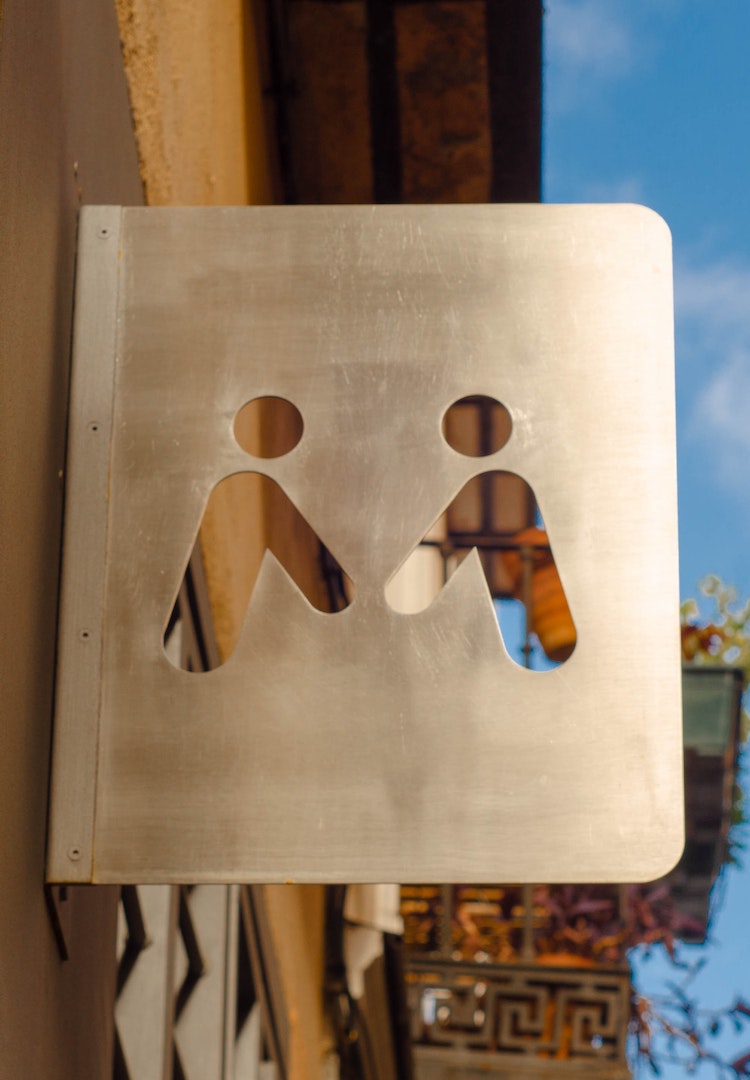What is burnout? Here’s how to tell if you’re experiencing it
PHOTOGRAPHY BY JASON HENLEY
WORDS BY ALYCE GREER
*Googles burnout*
Burnout. It’s an elusive term we come across on our internet travels: in health-related news articles, on personal development blogs, and on Google, when we’re searching ‘Why am I so tired all the time’ for the millionth time that week. But what is burnout? How do we know if we have it? And is it as life-threatening as it sounds???
I first learned about burnout somewhere deep in 2020, when the laptop was surgically attached to my lap, I was in a permanent state of stress and I hadn’t left the house in (what felt like) 284 days. Like everyone, I was very tired all the time but couldn’t sleep. I was feeling negative, unmotivated and had zero focus. I felt like I was always working, always busy, even though I couldn’t leave my loungeroom. Relatable?
Looking for some similarly thought-provoking reads? Subscribe here and we’ll send them straight to your inbox.
While most of us had a bit of a nothing year, our friend burnout had a huge one. In fact, 77 per cent of Australian and New Zealand workers experienced burnout in 2020, which was higher than the global average. Unfortunately, a lot of us are still feeling the hangover of adjusting to a new WFH routine, never switching off, working late on the couch and picking up the slack of our reduced teams. Or worse, the extreme stress of losing jobs and having no money.
But it’s not all doom and gloom. 2021 is here, and she’s looking promising. As we carefully tiptoe our way into the new year, head back to work and start socialising with humans again, it’s important to understand the signs and symptoms of burnout so you can recognise if it’s happening to you, now or in the future.
You’re exhausted literally all the time
Yes, even when you didn’t stay up watching Bridgerton all night long. This may play out as physical, emotional or mental exhaustion, which we’re all pretty familiar with after the year we’ve had. Audit your schedule: is this an especially busy time, are you adjusting to the *new normal* or is this different?
Your performance is slipping (but you don’t really care)
You’re not feeling your job, and it shows. Maybe your work is sitting below average, or you’re making silly mistakes? Experts recommend comparing your pre-2020 job performance to now, to figure out if it’s a career rut or more serious burnout.
You can’t be bothered doing a.n.y.t.h.i.n.g
Motivation is at an all-time LOW. In fact, it’s kind of a struggle to even get to work. You wish you could stay in bed all day like a big warm, toasty cinnamon bun. Alas, you have to get dressed and talk to morons all day instead. Ugh.
You feel a pleasant combination of dissatisfied and cynical
Speaking of, you’ve become the resident Negative Nancy in your home or workplace. Nothing seems to light you up, and everyone is annoying. Burnout can often manifest into cognitive or behavioural changes like this. Stop and ask yourself, “am I just pissed off because someone used the last coffee pod, or are my negative emotions hanging around longer than normal?”.
You feel stressed, and sometimes it’s physical
Stress is not playing around. It’s like a big ol’ alarm bell, and if you don’t listen to it, it’ll make it clearer to you, in the form of stomach aches, headaches and intestinal issues. If you’re experiencing Super Stress, you might be burnt out. Put down your damn phone and prioritise a plan for reducing the stress in your life.
You have trouble concentrating and/or being creative
Oh, remember the good old days when you could sit in front of a computer and focus? When you said things like “Look at the time!” and “Where has the day gone!”? What about when you used to come up with brilliant ideas and think out-of-the-box? When you’re burnt out, concentration and creativity are often the first ones to leave your ass.
So what’s next, if you feel like you tick all the boxes? The good news is that burnout – as horrifying as it sounds – is reversible. You just need to figure out the source, make a serious plan of attack, and commit to it. A holiday might be enough, but for many, it’s just a bandaid. If you’re actually burnt out, it may be time to overhaul your lifestyle, make changes to your work environment, or chat to your HR department.
If you or someone you know is struggling with their mental health, you can contact Lifeline on 13 11 14.










